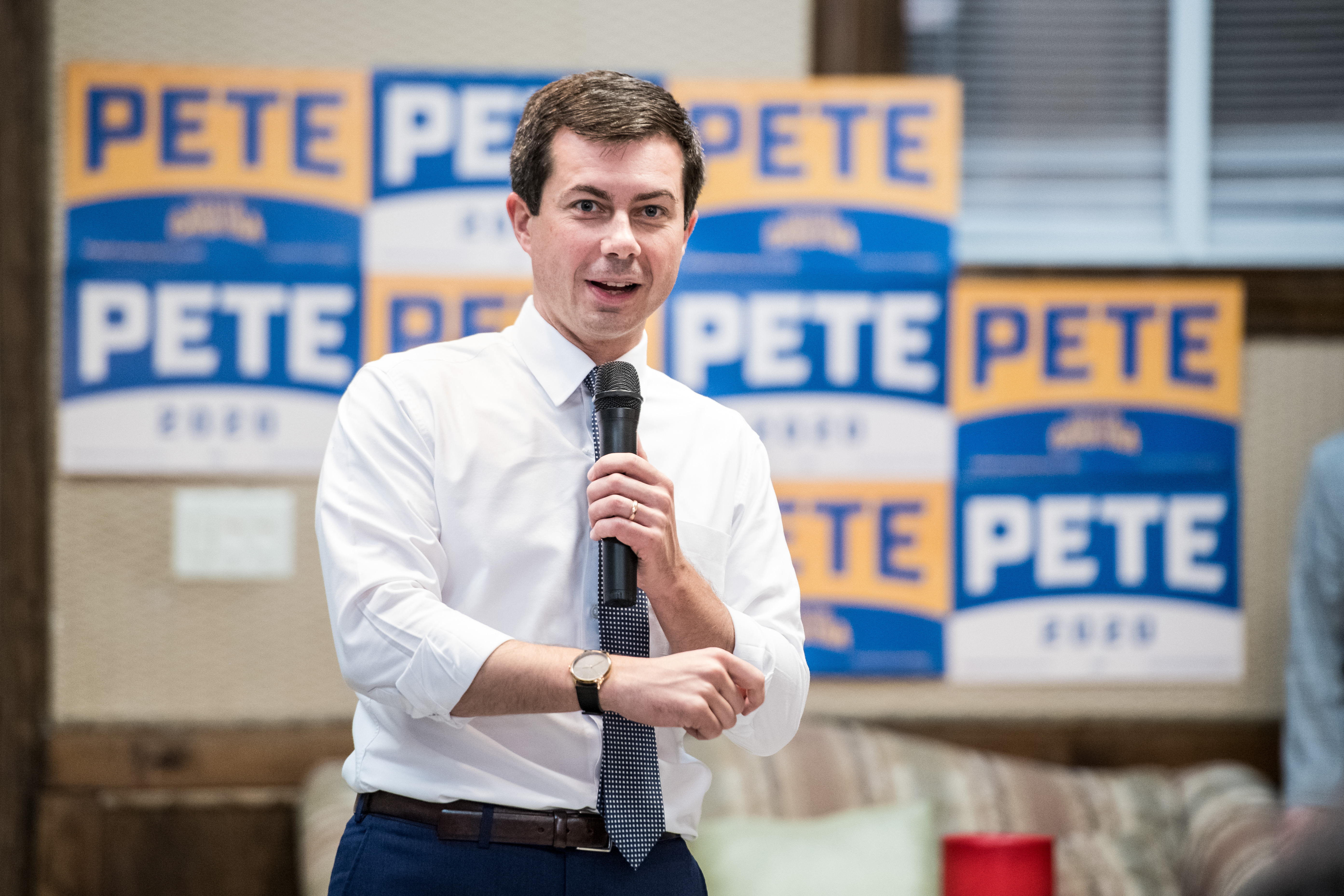
Decoding Trump's Day One Executive Orders: Unraveling His Policy Agenda
On his first day in office, President Donald Trump signed a barrage of executive orders, swiftly setting the stage for his administration's policy agenda. These executive actions, encompassing a wide range of issues, have garnered significant attention and sparked diverse reactions. By analyzing the content of these orders, their potential impact, and contrasting viewpoints, we can begin to discern the overarching direction of Trump's presidency.
A Flurry of Executive Orders:
The executive orders signed by Trump on his first day in office targeted a broad spectrum of areas, including immigration, healthcare, trade, and national security. Among the most notable were those aimed at:
- Immigration: Halting funding to sanctuary cities, suspending the Syrian refugee program, and constructing a wall along the Mexico-US border.
- Healthcare: Reinstating the "Mexico City Policy," which prohibits foreign aid to organizations that promote abortion, and initiating a review of the Affordable Care Act.
- Trade: Withdrawing the United States from the Trans-Pacific Partnership trade agreement and renegotiating the North American Free Trade Agreement.
- National Security: Increasing the number of Border Patrol agents and enhancing border security, as well as reviving the controversial Keystone XL pipeline project.
Implications and Reactions:
The implications of these executive orders are far-reaching. The immigration-related orders have sparked protests and legal challenges from various groups, including immigrant rights organizations and religious leaders. The healthcare orders have raised concerns about the potential disruption to millions of Americans who rely on the Affordable Care Act. The trade orders could have significant economic repercussions for both the United States and its trading partners.
Contrasting Perspectives:
The executive orders have elicited a range of reactions from both supporters and detractors. Supporters argue that they are necessary to address urgent national concerns, such as illegal immigration, healthcare costs, and declining American competitiveness. Detractors, on the other hand, criticize the orders as hasty, ill-conceived, and potentially harmful to vulnerable populations and the economy.
Perspectives from Critics:
Critics argue that Trump's immigration orders are discriminatory, inhumane, and will damage the United States' reputation as a welcoming nation. They also contend that halting funding to sanctuary cities could jeopardize public safety by hindering cooperation between local law enforcement and immigrant communities.
Regarding healthcare, critics emphasize that repealing the Affordable Care Act without a viable replacement plan would leave millions of Americans without health insurance and increase premiums for those who have coverage. They also stress the importance of ensuring access to reproductive healthcare services, which could be affected by the reinstatement of the "Mexico City Policy."
Perspectives from Supporters:
Supporters of the immigration orders maintain that they are necessary to prevent illegal immigration, which they view as a threat to national security. They also argue that sanctuary cities prioritize the protection of undocumented immigrants over the well-being of their communities.
On healthcare, supporters argue that the Affordable Care Act has failed to reduce healthcare costs as promised and is too burdensome on businesses. They believe that the executive order initiating a review of the law will provide an opportunity to create a more flexible and effective system.
Research and Evidence:
Research and evidence support some of the claims made by both critics and supporters of the executive orders. A 2016 study by the Center for Immigration Studies, a conservative think tank, found that undocumented immigrants cost state and local governments more in services than they contribute in taxes. However, a 2017 report by the National Academies of Sciences, Engineering, and Medicine concluded that immigrants have a positive overall impact on the US economy.
Regarding healthcare, a 2016 survey by the Kaiser Family Foundation found that the Affordable Care Act led to a significant decline in the number of uninsured Americans. However, the law has also been criticized for its high premiums and deductibles.
Conclusion:
President Trump's Day One executive orders have sparked intense debate and uncertainty about the direction of his administration. These orders, covering a wide range of policy areas, have implications for immigration, healthcare, trade, and national security. While supporters argue that they are necessary to address pressing national concerns, critics express concerns about their potential negative consequences. Research and evidence provide some support for both sides of the debate, highlighting the complexity of the issues at hand.
As the Trump administration moves forward, it remains to be seen how these executive orders will be implemented and what their long-term effects will be. However, it is clear that they have set the stage for a presidency that will be marked by controversy and fundamental changes to US policy.
